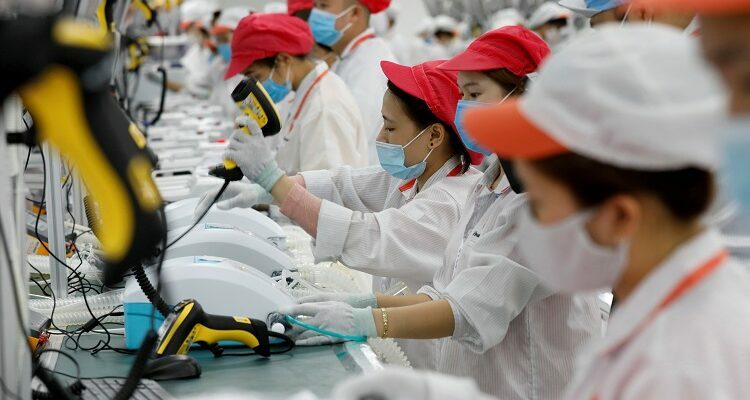What we’ve learned from the COVID-19 experience, it is that we need to ensure the strength and sustainability of the global supply chain. Victor Restis, a Greek shipping executive and president of Enterprises Shipping & Trade, provides useful insights into what took place within the shipping and trade industry.
For the most part, supply chains held up fine during the early days of the pandemic. Most issues that were noticed by the general public were in manufacturing and hoarding, and not so much the transport of goods. This held strong. But it is interesting to consider that a tiny group of countries manufactures a majority of the essential products we use daily, and I think that is way too much power to hold over millions of people.
It is noted in the article that Restis thinks world leaders are likely re-thinking global trade strategies. Perhaps a part of this is considering bringing more manufacturing jobs within country borders so that there is less dependence on essential items. I think this is a needed step forward. For critical, life-saving items (including drug manufacturing), each country should have an internal system of manufacturing these items and no rely on the global trade system and its politics.
Of course, there are unique exports from each country that are beneficial to use as trade with other countries, and this should be maintained. The article, for example, points out ventilators and N95 masks that were in very short supply in the early days of the pandemic. Thankfully, US companies shifted production focus away from core products and helped in manufacturing much needed medical supplies. My hats off to General Motors and Ford to jumping in to not only help the American population but producing enough amounts of supplies to ship to other countries that were in dire need. This was one example of humanity pulling together out of care and kindness for one another.
The other benefit of pulling more manufacturing jobs in-house (sort of speak) covered in this article is a boon to a country’s economy. Manufacturing creates jobs! Thousands of them and it feeds other industries and helps local economies as well. Think about all the ancillary jobs and collateral economies that would benefit if large scale manufacturing were introduced into some of the world’s most struggling economies. The issue isn’t staffing, and many manufacturing jobs require training that can be obtained while on the job. I bet many people want to work and would be thankful for opportunities that manufacturing would provide.



















Comments